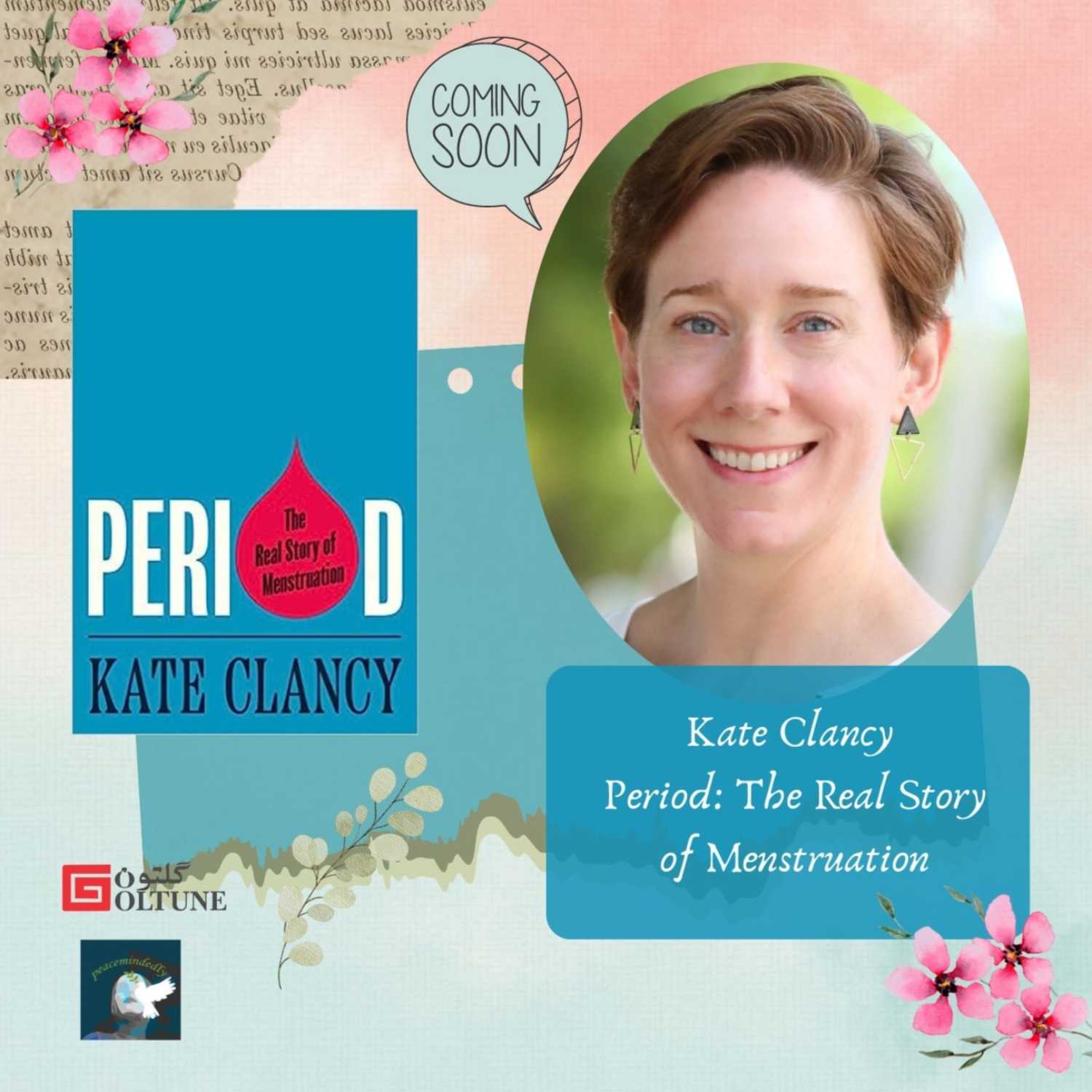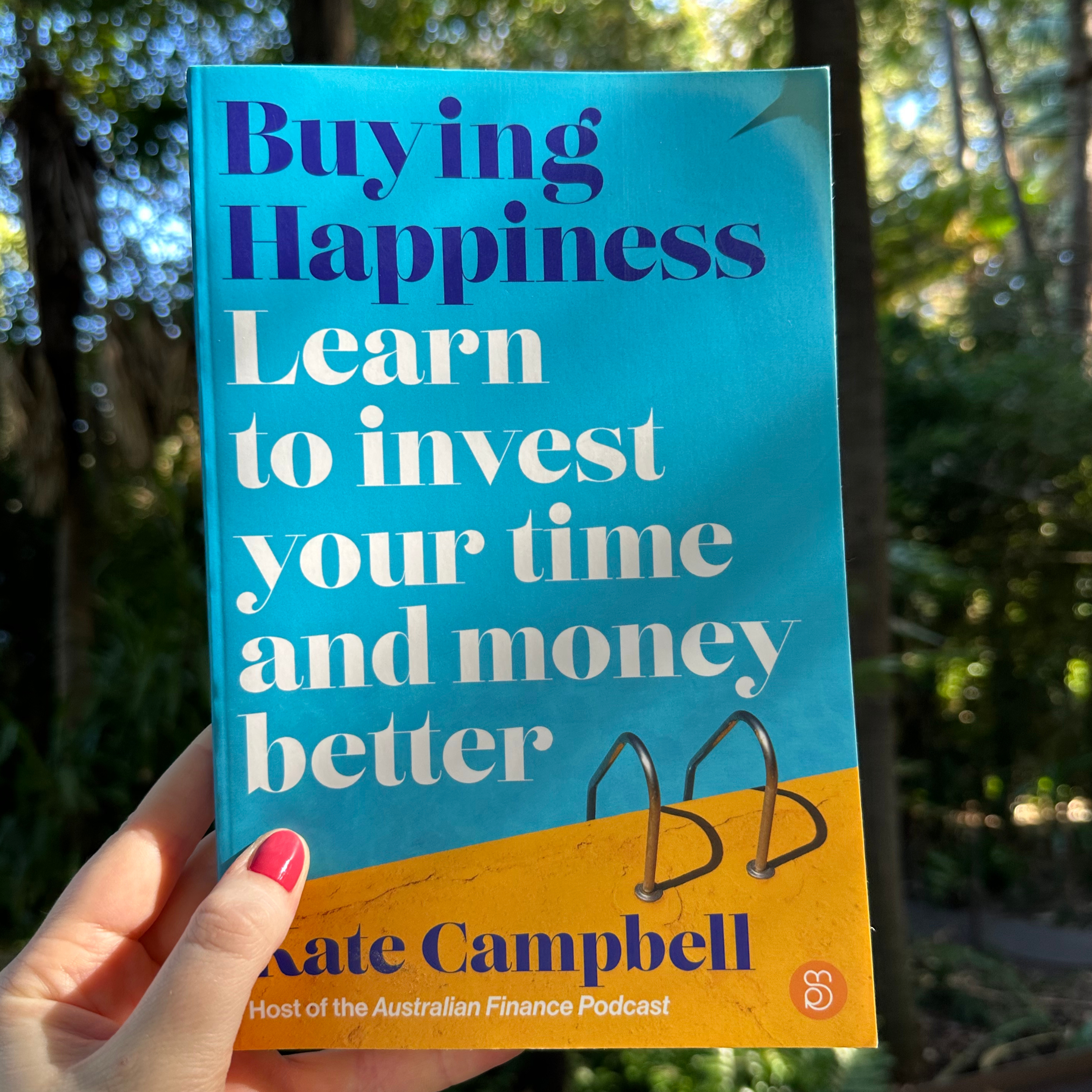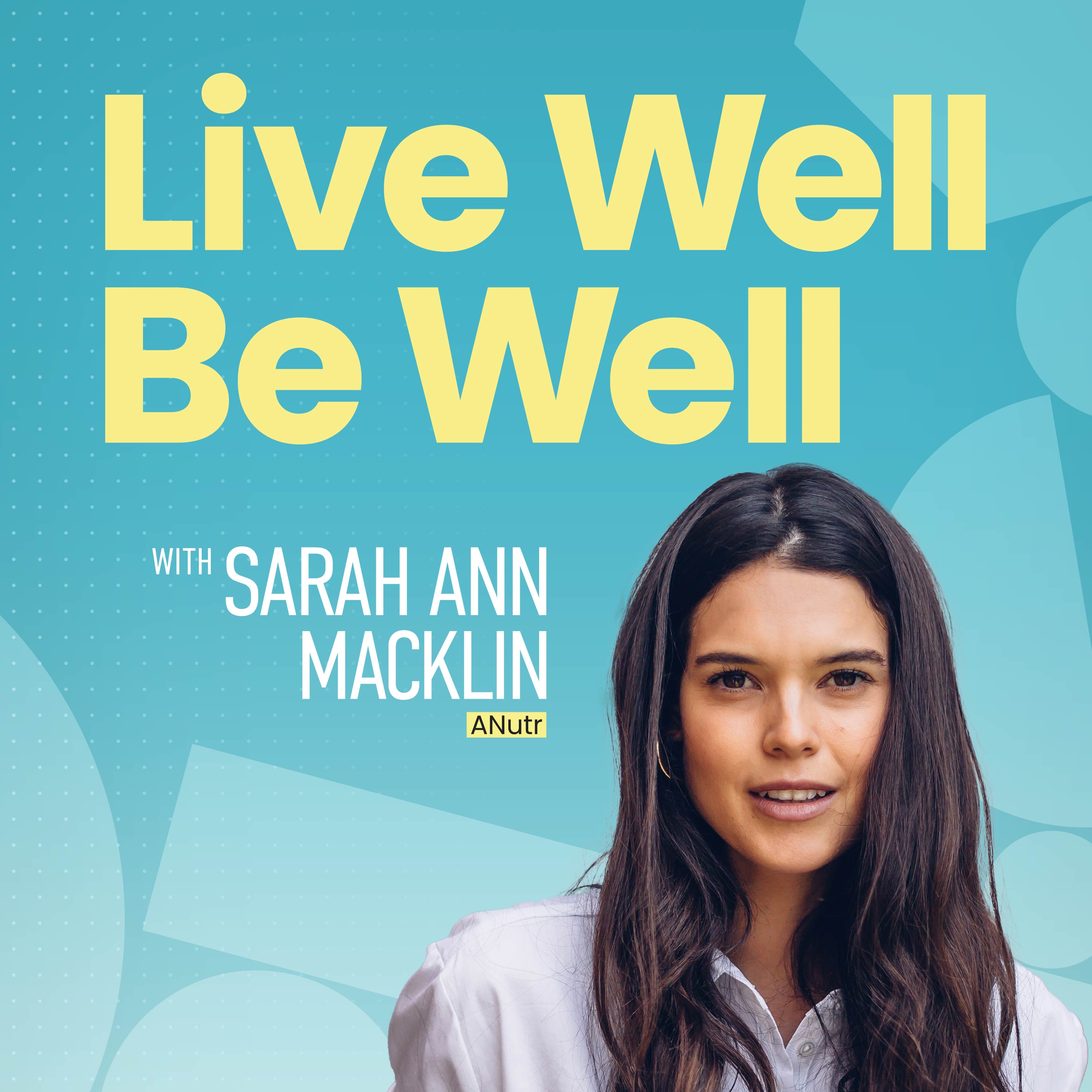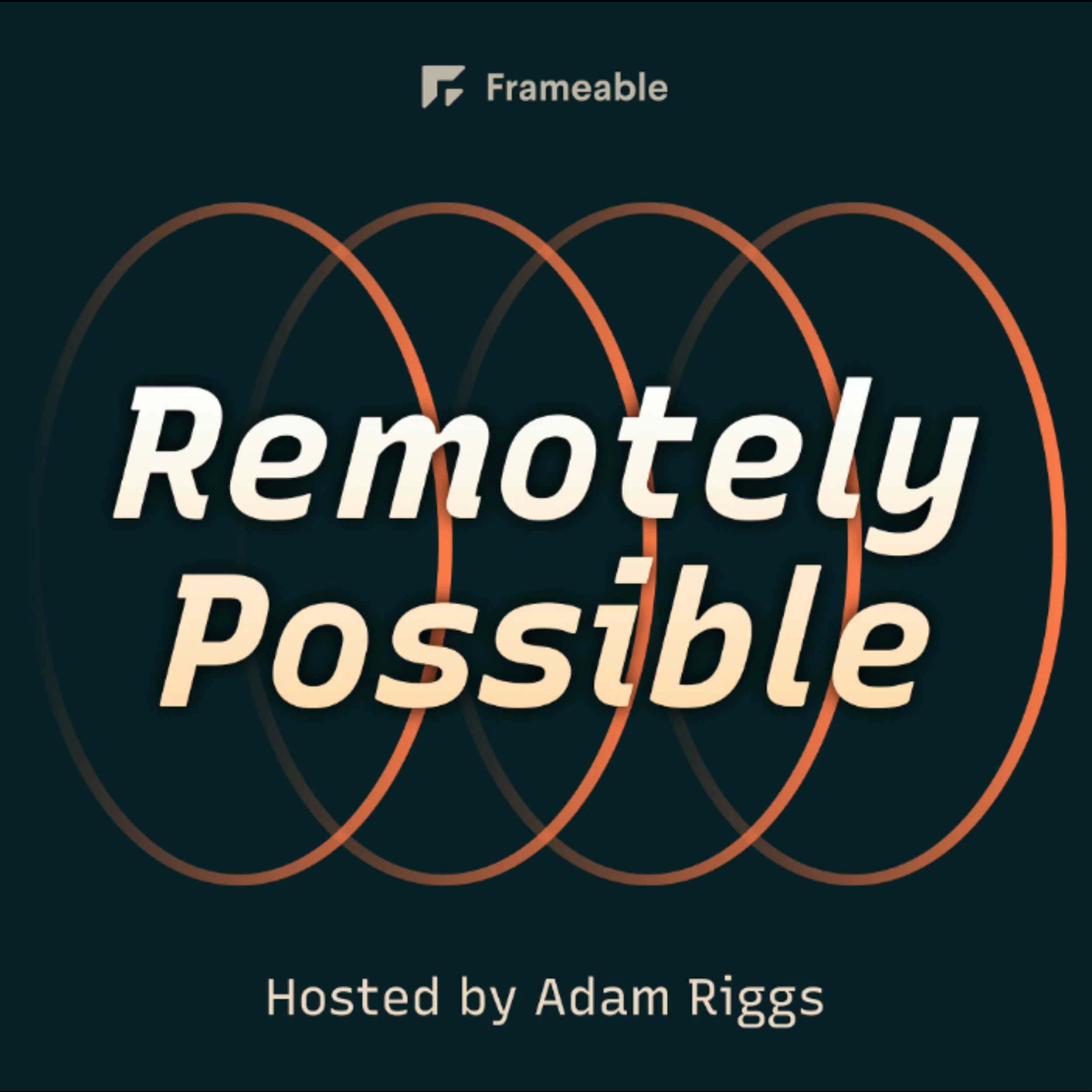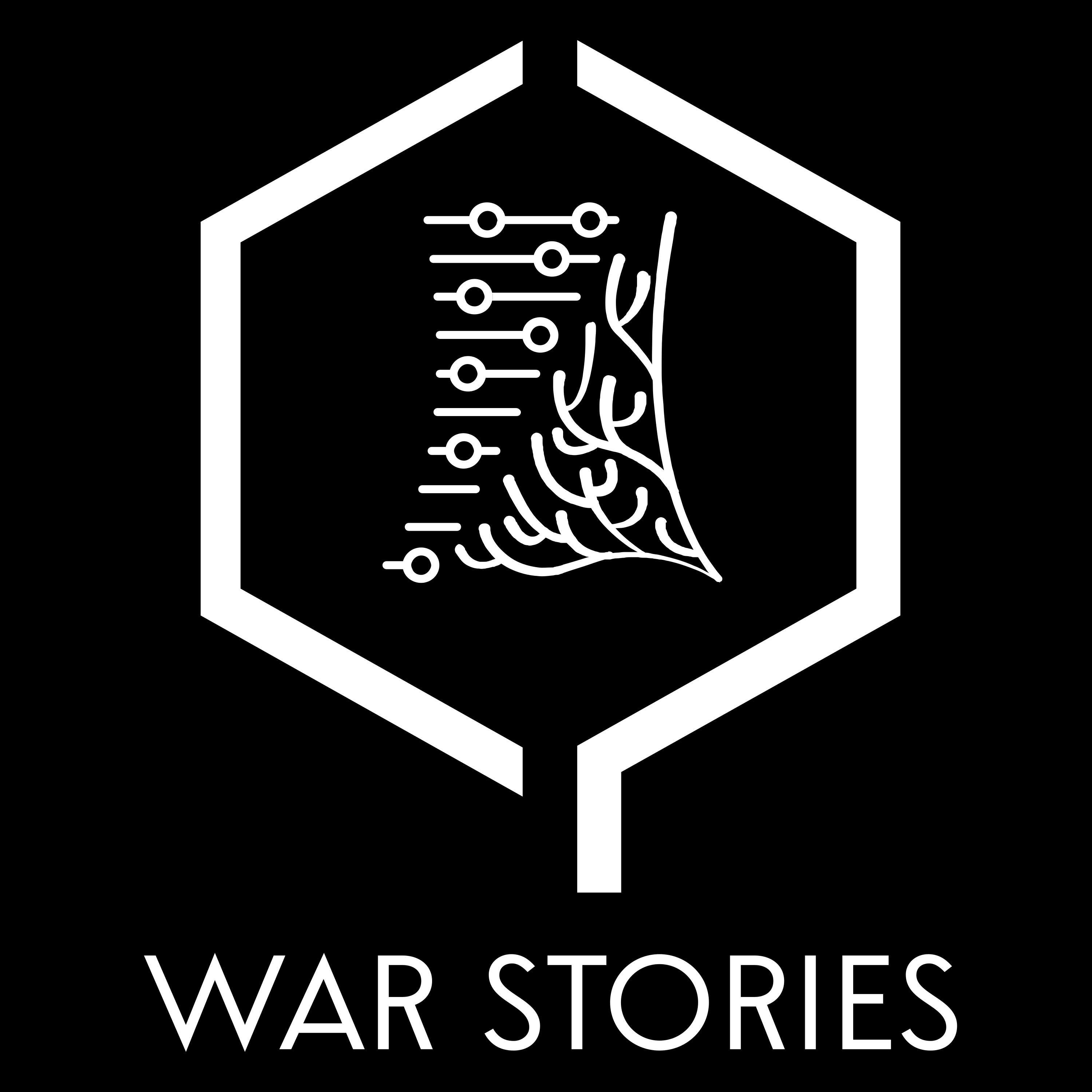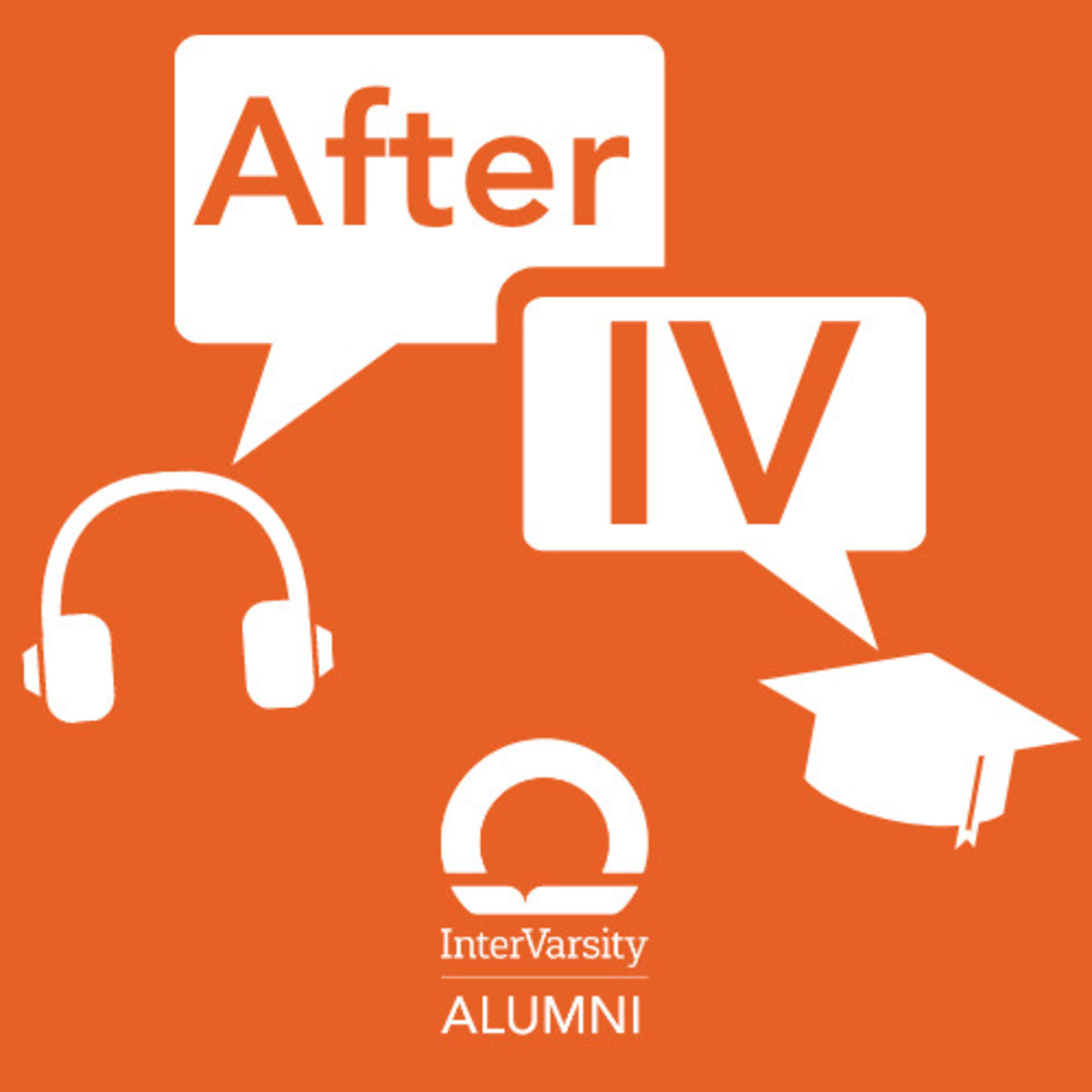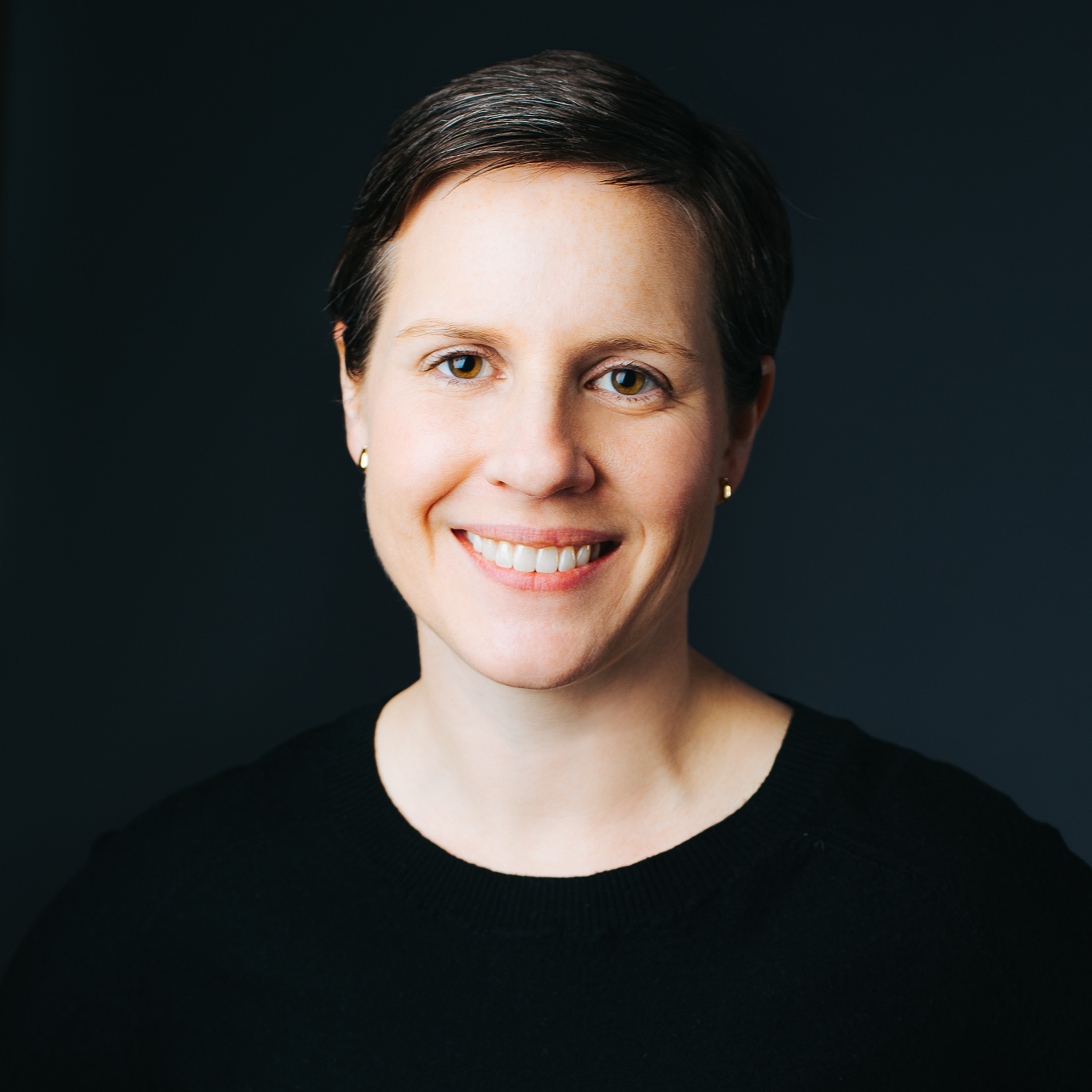Kate Heffner
My guest this week is Kate Heffner who is doing a PhD on women in science fiction fandom in the History Department at the University of Kent.
Kate talks about the untraditional nature of her research and reflects on the women who wrote on the ways science and literature could coalesce as well as about the importance of the early printing process.
Born and raised in Long Beach, California, Kate then moved to Iowa where she did a degree in English Literature and then undertook a Masters in Library and Information Science. She was a first generation college student and worked as a cleaner at an elementary school. We find out how she ended up going to Liverpool in the UK to give a conference paper and where she was encouraged to do a PhD.
Kate talks about her work on community archives and about growing up in a house of poverty where her mother was a survivor of domestic violence. Her mother gave Kate her love for strong women in science fiction, e.g. in the Alien films. She grew up with media including films as books were not affordable, though libraries were really important. Kate discusses, indeed, why libraries are sacred spaces.
Kate has served as a Judge for the Arthur C. Clarke awards, and we talk about outsider culture, and what a teacher is ‘supposed’ to look like (in the context e.g. of wearing leather jackets on campus).
Towards the end of the interview, we find out that Kate’s motivation for doing her research is in response to the criticism that women do not belong in sci-fi fandom, and we discuss the relationship between teaching and autobiography.
We also talk about the concept of negative nostalgia and why Kate didn’t think she would live beyond 25 years of age. Then, at the end, we learn why Kate is not a ‘living in the now’ type of person.
